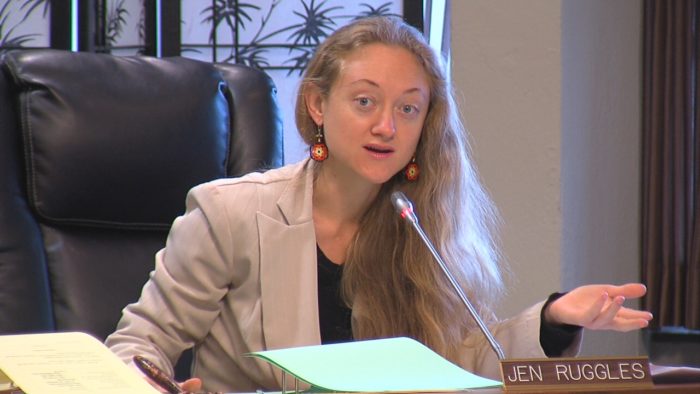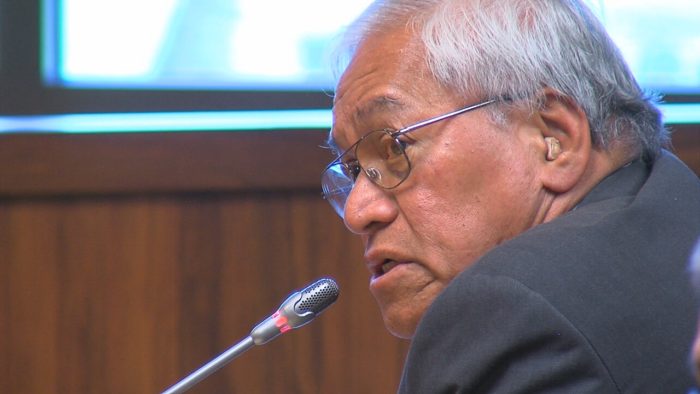According to the International Committee of the Red Cross, “The Geneva Conventions and their Additional Protocols form the core of international humanitarian law, which regulates the conduct of armed conflict and seeks to limit its effects. They protect people not taking part in hostilities and those who are no longer doing so.” Coverage of the Geneva Conventions also apply to occupied territories where there is no actual fighting. Amnesty International defines war crimes as “crimes that violate the laws or customs of war defined by the Geneva and Hague Conventions.”
Internationally, “protected persons” is a legal term under international humanitarian law that refers to specific protections afforded to civilians in occupied territory whose rights are protected under the 1949 Geneva Convention, IV, and its Additional Protocol. According to Article 4 of the Geneva Convention:
“Persons protected by the Convention are those who, at a given moment and in any manner whatsoever, find themselves, in case of a conflict or occupation, in the hands of a Party to the conflict or Occupying Power of which they are not nationals.”
Under this definition, civilians who possess the nationality of the occupying State while they reside in the territory of the occupied State are not protected under the Geneva Convention. Article 147 of the Geneva Convention provides a list of grave breaches, called war crimes, which would apply to protected persons as defined under Article 4.
“Grave breaches to which the preceding Article relates shall be those involving any of the following acts, if committed against persons or property protected by the present Convention: wilful killing, torture or inhuman treatment, including biological experiments, wilfully causing great suffering or serious injury to body or health, unlawful deportation or transfer or unlawful confinement of a protected person, compelling a protected person to serve in the forces of a [occupying] Power, or wilfully depriving a protected person of the rights of fair and regular trial prescribed in the present Convention, taking of hostages and extensive destruction and appropriation of property, not justified by military necessity and carried out unlawfully and wantonly.”
The relevant grave breaches and explanations that would apply to the American occupation of the Hawaiian Kingdom can be found in paragraphs 190 through 205 of the Emergency Petition for Writ of Mandamus filed in federal court in Washington, D.C. If you are a protected person whose situation would fall under one of the explanatory paragraphs in the mandamus, a grave breach or war crime may have been committed against you.
Fifty years later, however, this definition of a protected persons was expanded to include the citizenry of the occupying State. This was an evolution of international criminal law ushered in by the Appeals Chamber of the International Criminal Tribunal for the Former Yugoslavia (ICTY). The case was the prosecution and conviction of Duško Tadić who was a Bosnian Serb. After being arrested in Germany in 1994, he faced among other counts, twelve counts of grave breaches of the 1949 Geneva Convention, IV. On May 7, 1997, he was convicted by the trial court on 11 counts but did not include the counts of grave breaches of the Geneva Convention.
In paragraph 608 of its judgment, the trial court found that Tadic was not guilty of 11 counts of grave breaches because the civilian victims possessed the same Yugoslavian citizenship as Tadic who represented the occupying Power in the war. The prosecutors appealed this decision and it was not only reversed by the Appeal Chamber of the ICTY, but it also expanded the definition of protected persons in occupied territory under international humanitarian law.
In its judgment in 1999, the Appeals Chamber concluded:
“[The] primary purpose [of Article 4] is to ensure the safeguards afforded by the [Geneva] Convention to those civilians who do not enjoy the diplomatic protection, and correlatively are not subject to the allegiance and control, of the State in whose hands they may find themselves. In granting its protection, Article 4 intends to look to the substance of relations, not their legal characterisation as such. … Hence, even if in the circumstances of the case the perpetrators and the victim were to be regarded as possessing the same nationality, Article 4 [Geneva Convention] would still be applicable.” Tadic, ICTY Appeals Chamber, Judgment (1999), para. 168 and 169.
This is an important evolution in international criminal law and has a profound impact on the occupation of the Hawaiian Kingdom. Up until 1999, protected persons in the Hawaiian Islands excluded American citizens. But since 1999, the Tadic case has expanded protection to citizens of the occupying State who reside in the territory of an occupied State. The operative word is no longer nationality or citizenship, but rather allegiance that would apply to all persons in an occupied State. This is not to be confused with an oath of allegiance, but rather the law of allegiance that applies over everyone whether they signed an oath or not. Hawaiian law only requires an oath of allegiance for government employees.
Under Hawaiian Kingdom law there is specific wording that covers allegiance. It is found in the Hawaiian Penal Code under sections 2 and 3 of Chapter VI for the crime of treason.
“Allegiance is the obedience and fidelity due to the kingdom from those under its protection. … An alien, whether his native country be at war or at peace with this kingdom, owes allegiance to this kingdom during his residence therein, and during such residence, is capable of committing treason against this kingdom.”
By expanding the scope and application of protected persons to American citizens residing in the Hawaiian Kingdom, they, along with all other nationalities of foreign States as well as Hawaiian subjects, are afforded equal protection under the Geneva Convention and can be considered victims of grave breaches or war crimes committed against them by American citizens in violation of the Hague and Geneva Conventions.



 Hilo, HI-
Hilo, HI-